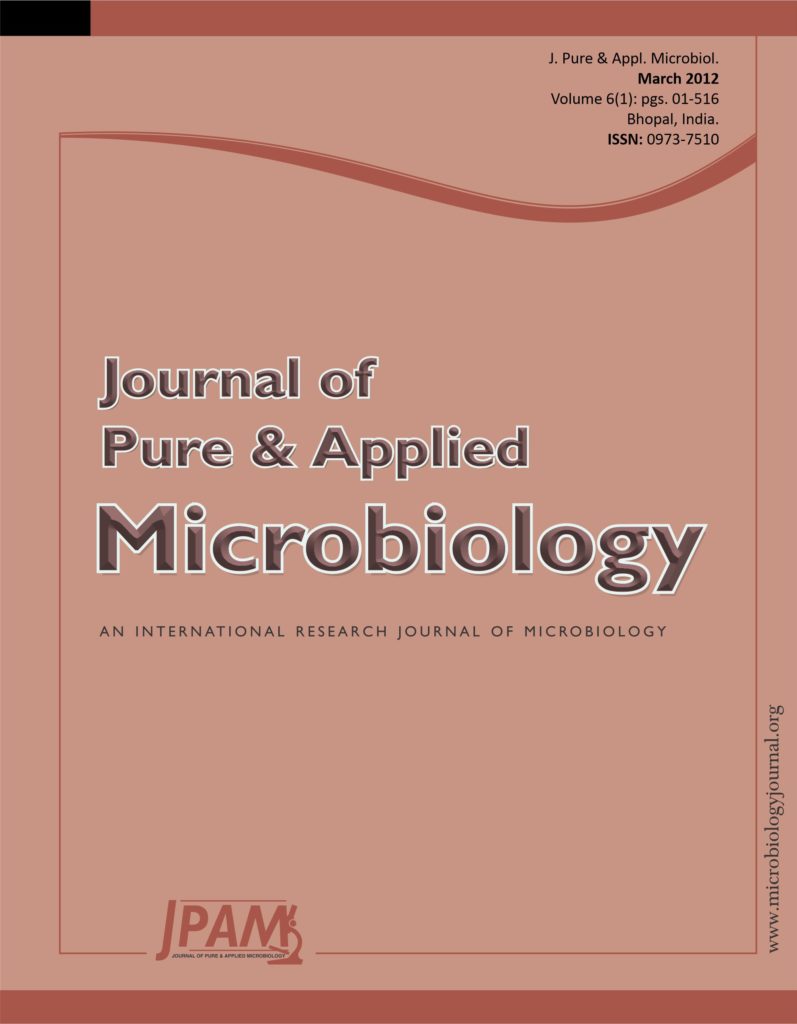Intestinal parasitic infections are increasing day by day in individuals with impaired mechanisms of immune system. Diarrhoea and malnutrition are the main predisposing factors in tropical countries. This study was undertaken to know the intestinal protozoal and helminthic parasitic infections in immunocompromised individuals during the year 2001.Fresh stool samples from 74 immunosuppressive individuals were collected and processed by direct examination and concentration techniques in Microbiology lab. Direct examination was performed by wet cover slip preparation and staining by modified Ziehl-Neelsen(Z-N) and Safranine-Methylene blue stains. 6 intestinal parasitic infections were detected from 74 samples which accounted for 8.1% in our study. Cryptosporidium infection(2) was predominant among protozoal infections followed by 2 Asaris,1 each of Taenia and Giardia spp. Males 60(81.1%) were predominantly affected compared to females 14(18.9%). 21-30 years age group was commonly affected in our study. HIV with Tuberculosis 18(24%) was the most predominant factor followed by malnutrition. Modified Z-N showed best results followed by Safranine-Methylene blue stain. Formal ether concentration technique showed good results followed by Zinc floatation technique.
Immunocompromised, Cryptosporidium parvum, Diarrhoea
© The Author(s) 2012. Open Access. This article is distributed under the terms of the Creative Commons Attribution 4.0 International License which permits unrestricted use, sharing, distribution, and reproduction in any medium, provided you give appropriate credit to the original author(s) and the source, provide a link to the Creative Commons license, and indicate if changes were made.


